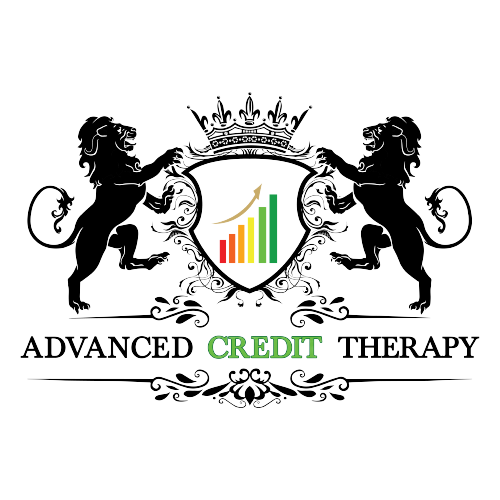How to Pay Off Your Debt and Improve Your Credit with This Method
Paying off your debt and improving your credit is an essential step toward achieving financial stability. While there isn’t a one-size-fits-all approach, the following method can help you effectively manage your debt and boost your credit score:
1-Assess Your Debt Situation: Begin by taking an inventory of all your debts, including credit cards, personal loans, student loans, and any other outstanding obligations. Note down the outstanding balances, interest rates, and minimum monthly payments for each debt.
2-Create a Budget: Establish a comprehensive budget to understand your income, expenses, and discretionary spending. This will help you identify areas where you can cut back and allocate more money toward debt repayment.
3-Prioritize High-Interest Debts: Arrange your debts in order of their interest rates, with the highest interest rate debt at the top. Focus on paying off high-interest debts first, as they cost you more money over time. Continue making minimum payments on other debts while aggressively attacking the high-interest one.
4-Debt Snowball or Debt Avalanche: There are two popular methods for paying off multiple debts: the debt snowball and the debt avalanche.
Debt Snowball: Pay the minimum on all debts but allocate any extra funds to the smallest debt. Once that’s paid off, use the freed-up money to tackle the next smallest debt, and so on. This method provides psychological motivation as you see quick wins by paying off smaller debts first.
Debt Avalanche: In this approach, you prioritize debts based on their interest rates. Pay the minimum on all debts but focus any extra funds on the debt with the highest interest rate. Once that’s cleared, move to the next highest interest debt. This method saves you more money in interest over time.
5-Debt Forgiveness Program: Debt forgiveness programs can indeed be a practical solution for certain individuals facing overwhelming debt and financial hardship. Debt forgiveness, also known as debt relief or debt cancellation, is a process where a creditor agrees to forgive or cancel a portion or all of a borrower’s outstanding debt.
6-Avoid New Debt: While paying off existing debt, try to avoid accumulating new debt. Put your credit cards on hold and focus on cash transactions or using a debit card until your finances are in better shape.
7-Build an Emergency Fund: Creating an emergency fund helps you avoid relying on credit in times of unexpected expenses or financial setbacks. Aim to save at least three to six months’ worth of living expenses.
8-Monitor Your Credit Score: Regularly check your credit reports for errors or discrepancies. You can obtain a free credit report from each of the three major credit bureaus (Equifax, Experian, and TransUnion) once a year through AnnualCreditReport.com. Dispute any inaccuracies you find to ensure your credit report is accurate.
9-Secured Credit Card or Credit Builder Loan: If your credit score is low, consider using a secured credit card or credit builder loan to rebuild your credit. These products require a deposit or upfront payment, but they can help you demonstrate responsible credit behavior over time.
10-Patience and Persistence: Paying off debt and improving your credit score takes time and discipline. Stay committed to your financial goals, and you’ll gradually see progress.
Remember, there are no quick fixes for significant debt or credit score issues. Be cautious of any offers that promise instant results, as they may be scams. Responsible financial habits, combined with a well-thought-out debt repayment plan, are the keys to long-term success. Consider seeking advice from a financial advisor if you need personalized guidance for your specific situation.
